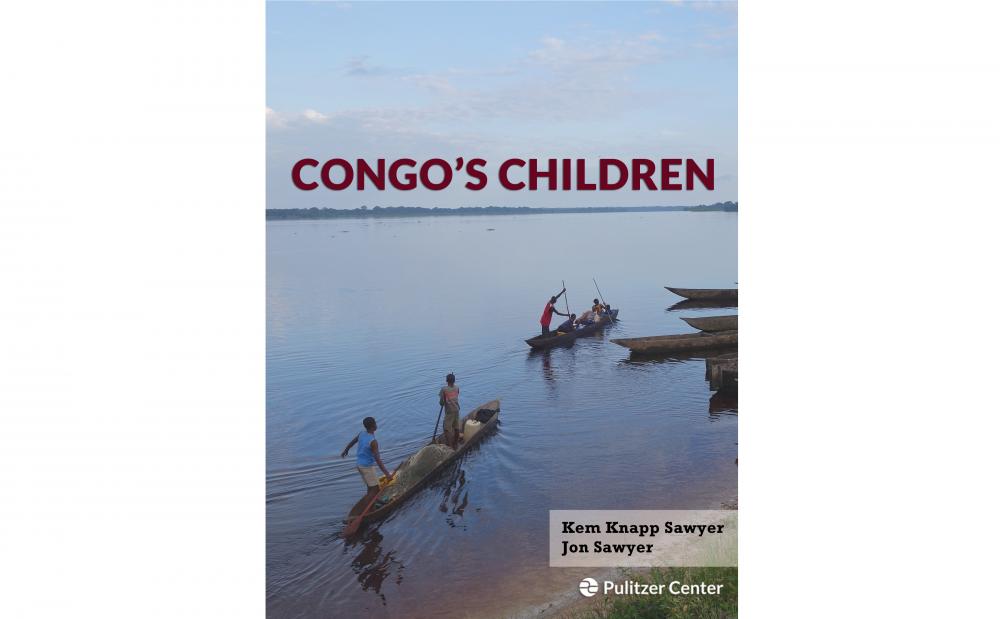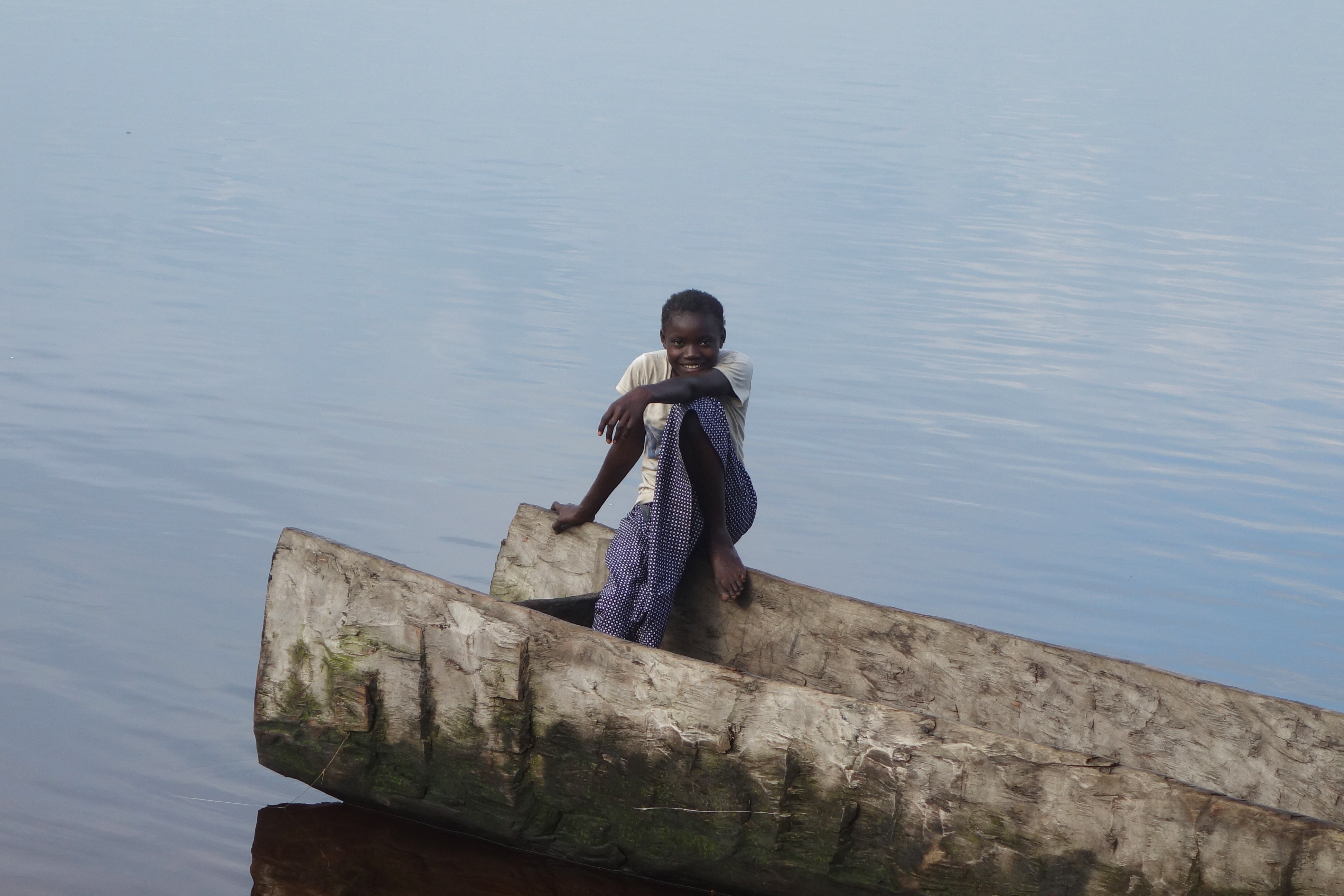
E-BOOK LAUNCH
This week we are publishing our newest e-book, "Congo's Children," with essays, photographs, and videos by Kem and Jon Sawyer that draw on reporting for outlets ranging from PBS NewsHour and The Washington Post to Truth Atlas, Dowser, and The Christian Science Monitor. "Congo's Children" takes readers on a memorable journey of hope through a land that has endured more than its share of troubles.
"Congo's Children" has received advance praise from some of the leading experts in the field. "The stunning photographs and deeply moving text of this book offer a fine introduction to the suffering—and hopes—of people in a part of the world we know far too little about," said Adam Hochschild, author of "King Leopold's Ghost."
"Here's the Congo that doesn't make the news clips or TV screens," said Jason Stearns, author "Dancing in the Glory of Monsters: The Collapse of the Congo and the Great War of Africa." "The everyday Congo, with people managing to organize, create art, and educate each other despite the odds. A touching paean to the country's resilience."
"Congo's Children" is available for free on iBooks and later this summer on Kindle and Android platforms.
MEGA-CITY CLIMATE REFUGEES
Measured in terms of population density, Dhaka, the capital of Bangladesh, is already the world's most overstuffed mega-city, with 15 million people crowding into its slums and shantytowns. More arrive each day.
"Some newcomers are following the global pattern of urban migration, lured by the opportunity of the big city when the family farm has been subdivided so many times among sons that the parcels are too small to support the family," writes Pulitzer Center grantee Ken Weiss in a dispatch for Foreign Policy. But others, according to Ken, appear to be the first wave of climate refugees into Dhaka, driven from their homes by droughts, floods, rising sea levels and other ravages of global warming.
By mid-century, the number of people forced out of their homes by our changing climate is expected to reach a billion. "Bangladesh offers a preview of a hotter, crowded world forced to deal with climate disruptions," writes Ken.
INDIA'S THIRD GENDER
India's transgender community made headlines earlier this year when the nation's highest court guaranteed recognition to a "third gender" on official documents such as voter ID cards. This could eventually lead to better and safer lives for the estimated 1 million-plus trans women who typically live on the fringes of Indian society.
For now, however, the vast majority of these women "are relegated to begging and sex work to earn a living," report Pulitzer Center grantees Michael Edison Hayden and Sami Siva. In a story and photo essay for Al Jazeera, Michael and Sami offer an intimate portrait of these outcasts who often face constant discrimination with little emotional support from family members.
Until next week,
Tom Hundley
Senior Editor







